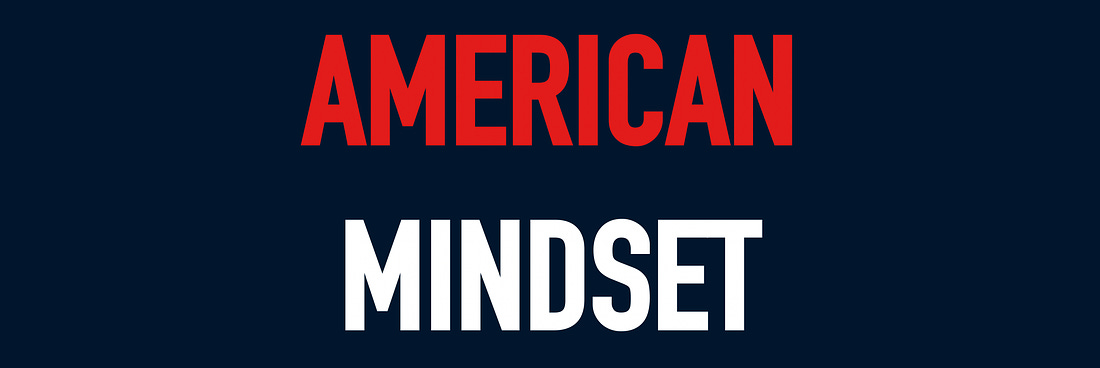 |
Are intelligence and happiness tied together in any way? If you are highly intelligent, is it more likely that you’ll be more, or less happy?
Everything in us is tied together. Endeavoring to separate them out is a temptation of the intellect to understand the whole by understanding only a part, or to escape understanding of the whole by substituting a part for the whole. What happiness could possibly await down these mistaken paths?
There is no escape in this mortal life from the difficulty that happiness and unhappiness are implicated with one another, or intelligence and stupidity, or virtue and sin. Any light that passes through us or emanates from us is not a result of our having light switches.
Any purification or ennoblement we may receive or solicit arises from the acceptance of the ways in which we are hopelessly compromised and implicated in our best and worst and most middling expressions and experiences, especially in the most intimate parts of our heart where the truth about who in this sense we are is most implicit.
There is an interpretation of Plato that holds his presentation of Socrates to be oriented around something akin to grace—a watchful and available attitude toward the disclosure of ultimate order and its complete goodness. While the general understanding of Platonic philosophy has more to do with the power and authority of reason to approach perfection through the making explicit of what lies latent within us, I think the matter is considerably more complicated as concerns the relation between philosophy and the implicit.
Philosophy is implicated with wondering; the purpose of philosophy is not to exhaust wonder but to perfect it in love. The gift of our life is a mystery which cannot be solved by turning us inside out. All that is implicit cannot be made explicit, and all that is co-implicated cannot be explicated into separate parts. Happy intellect and intelligent happiness alike rely on the dispensation of a grace as revelatory as it is impenetrable. It enters us, not the other way around.
-James Poulos, executive editor of The American Mind
Analytical intelligence and happiness run along separate axes that may not intersect at all. People popularly imagine that being dumb means being happy, while smart people are tortured by their brilliance, as they see deeper into the nature of things. This seems not to accord with reality. A great deal of human happiness depends on self-reflection and the willingness to take a frank appraisal of one's virtues and deficits. This requires some intelligence, but it is mostly moral intelligence. Strictly analytical intelligence is no guarantor of personal insight. In fact, it surely can serve as a shield against it, if not informed by a sense of personal responsibility for one's actions.
The essence of happiness is gratitude for what one has and willingness to accept future losses. This stoic perspective can be won intellectually but experience is always the best teacher.
-Seth Barron, managing editor of The American Mind
Since we've discussed the nature of both intelligence and happiness here before, I'll take it as read that by happiness we mean eudaimōnia—that is, not just being smiley all the time but the whole of human flourishing and virtuous excellence—and by intelligence we mean pure mental horsepower—that is, not the totality of wisdom which includes such things as intuition and prudence, but the basic capacity to know a lot of facts and to infer things from those facts by performing complex mental operations.
There is absolutely no predictable relationship between those two things so construed. Wisdom and happiness are inseparable from one another, because wisdom is an ethical virtue: the sober joy of accepting reality and operating serenely within its confines just is, in no small part, happiness. Intelligence, though, is not an ethical virtue but simply a virtue full stop in the old sense: it is an excellence, a skill. Skills are tools: you can use them for good and bad ends.
I know people whose intelligence makes them miserable because they use it in ways divorced from wisdom and virtue, paralyzing themselves with overthinking or peering into Faustian depths of knowledge unbounded by piety or humility. I know others who use their intelligence to wonderful ends—to memorize poetry, for example, or to develop novel cures for terrible diseases. The mark of all such people, no matter how diverse their pursuits, is that they put their intelligence to uses which they in their wisdom determine to be good, rather than being driven by their own intelligence to whatever ends seem most mentally acrobatic and challenging—no matter how unwise.
Like all things then, it boils down to a question of what we worship: what is our highest good? Is it within us or beyond us? Those who answer the latter, no matter their intelligence, have the beginnings of wisdom and the taproot of all happiness in their grasp.
-Spencer Klavan, associate editor of The American Mind
If you liked this post from American Mindset, why not share it?

